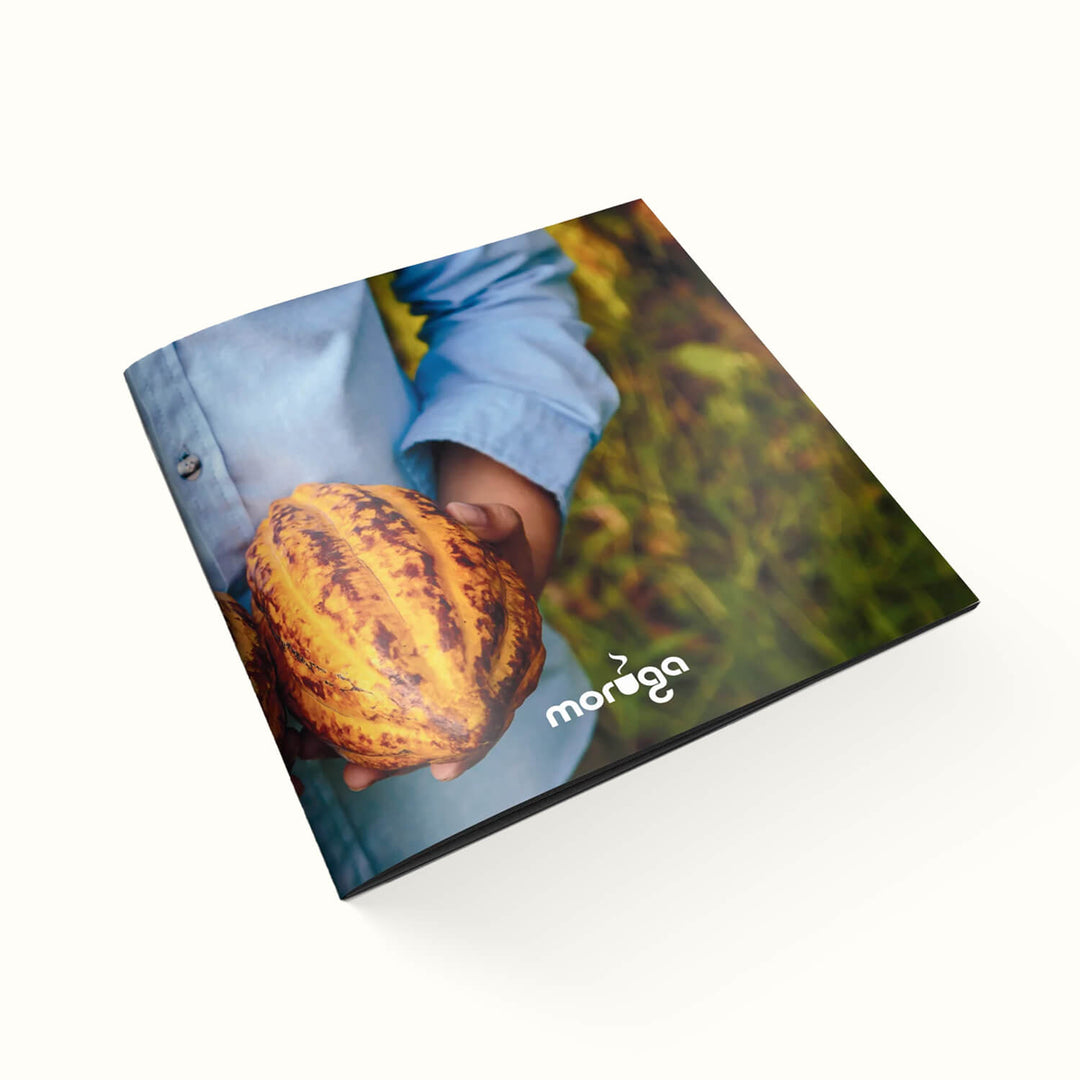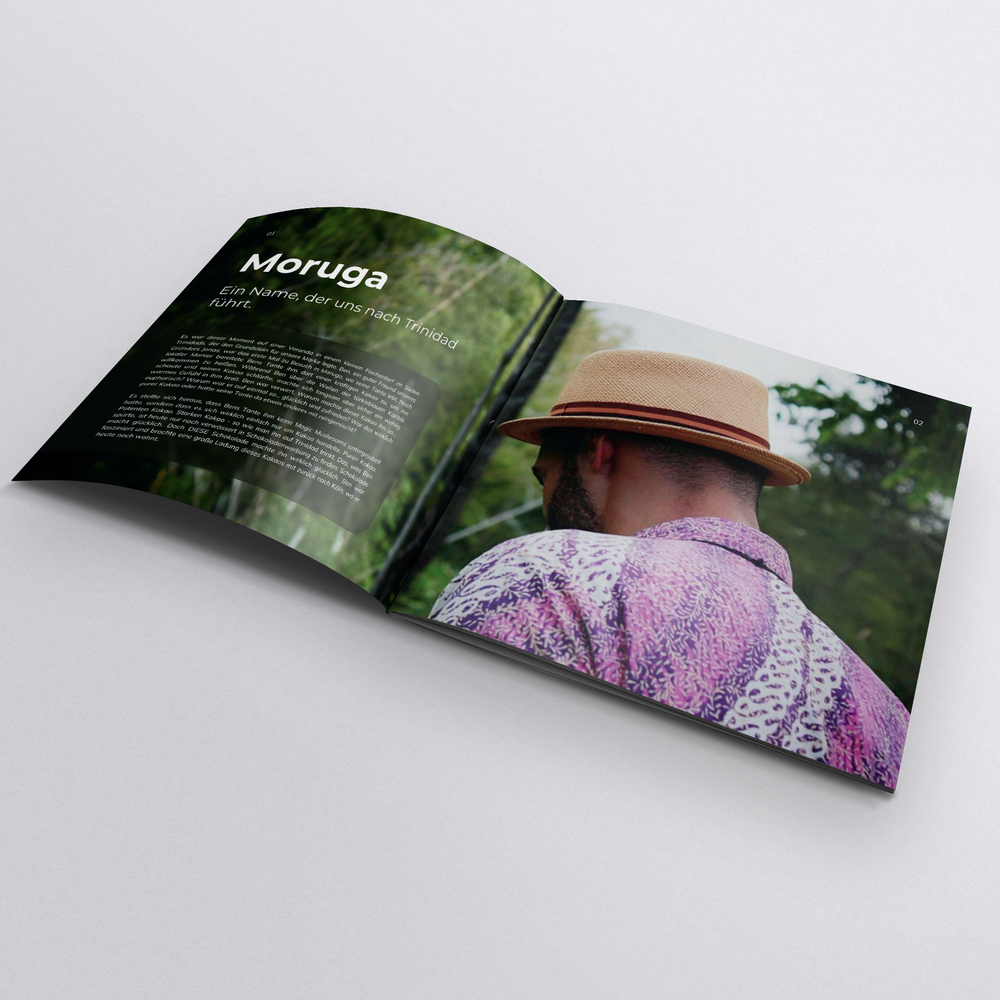Cacao Ceremony FAQs
Cacao ceremonies often raise a lot of questions, especially for those who are new to the practice. This FAQ page aims to address some of the most commonly asked questions about cacao ceremonies, providing you with a comprehensive understanding of what to expect.
What is a Cacao Ceremony?
A cacao ceremony is a spiritual ritual that involves the consumption of cacao, a form of raw chocolate, to facilitate emotional and spiritual healing. Led by a facilitator or shaman, the ceremony often includes various activities like meditation, chanting, and group sharing.
Is Ceremonial Cacao Safe to Consume?
For most people, cacao is safe to consume and offers numerous health benefits. However, it does contain caffeine and other stimulants, so it may not be suitable for everyone, especially those with certain medical conditions or sensitivities. Always consult with a healthcare provider if you have concerns.
How Do I Prepare for a Cacao Ceremony?
Preparation involves both physical and mental aspects. Physically, it's advisable to eat lightly before the ceremony and to stay hydrated. Mentally, take some time to set your intentions for what you hope to achieve or experience during the ceremony.
What Should I Wear For a Cacao Ceremony?
Comfortable clothing is recommended, as you may be sitting for extended periods or engaging in activities like meditation or light movement.
Can I Do a Cacao Ceremony at Home?
Yes, many people choose to conduct their own cacao ceremonies at home, either alone or with friends and family. If you're new to the practice, you may want to start by attending a guided ceremony or following an online tutorial.
Can I Participate in a Cacao Ceremony if I'm Pregnant?
It's crucial to consult with a healthcare provider before participating in a cacao ceremony if you're pregnant. Cacao contains stimulants like caffeine, which may not be advisable for pregnant women.
Is it Okay to Eat Before a Cacao Ceremony?
It's generally recommended to eat lightly before a cacao ceremony. Having a heavy meal could interfere with the absorption of cacao and potentially diminish its effects.
Can I Bring My Own Cacao to a Ceremony?
This largely depends on the facilitator and the structure of the ceremony. Some may provide cacao as part of the experience, while others might allow you to bring your own, especially if you have specific dietary restrictions or preferences.
What's the Difference Between a Facilitator and a Shaman?
While both can lead a cacao ceremony, a shaman typically has a deeper cultural and spiritual connection to the practice, often rooted in indigenous traditions. A facilitator may not have the same level of spiritual training but can still guide participants through the ceremony effectively.
Is Every Cacao Ceremony the Same?
No, cacao ceremonies can vary widely in structure, activities, and overall vibe, depending on the facilitator and the intentions of the group. Some may focus more on meditation and introspection, while others might incorporate more social elements like group sharing or even dancing.
How Do I Choose a Facilitator for a Cacao Ceremony?
Choosing a facilitator is an important decision. Look for someone with experience, positive reviews or testimonials, and a style or philosophy that resonates with you. It may also be beneficial to speak with them beforehand to ensure their approach aligns with your expectations and comfort level.
Can Ceremonial Cacao Interact with Medications?
Cacao contains compounds that could potentially interact with certain medications, particularly those affecting the cardiovascular system or mental health. Always consult a healthcare provider if you're taking any medications and wish to participate in a cacao ceremony.
What are the Benefits of a Cacao Ceremony?
The benefits of a cacao ceremony are manifold, ranging from physical health improvements like better cardiovascular function to emotional and spiritual growth. Participants often report a heightened sense of awareness, increased emotional intelligence, and even spiritual awakenings.
Is Ceremonial Cacao the Same as Regular Chocolate?
No, the cacao used in ceremonies is different from regular chocolate. It is minimally processed and does not contain additives like sugar and milk, which are commonly found in commercial chocolate. This preserves the natural nutrients and psychoactive compounds in cacao, making it more potent for ceremonial use.
How Long Does a Cacao Ceremony Last?
The duration of a cacao ceremony can vary but generally lasts between 1 to 3 hours. The length depends on the facilitator and the specific activities included in the ceremony.
Do I Need to Have Prior Experience in Meditation or Spirituality?
No, cacao ceremonies are open to individuals of all levels of experience. Whether you're a seasoned meditator or completely new to spiritual practices, the ceremony offers a welcoming environment for personal exploration.
Are There Any Side Effects to Ceremonial Cacao?
While cacao is generally safe for consumption, some people may experience mild side effects like jitteriness or digestive discomfort due to its caffeine content and other active compounds. Always consult a healthcare provider if you have concerns or pre-existing medical conditions.
Can Children Participate in a Cacao Ceremony?
It's generally advisable for children to avoid participating in a traditional cacao ceremony due to the psychoactive and stimulant properties of cacao. However, some ceremonies are adapted for families and use a smaller amount of cacao suitable for children.
Is Cacao Ceremony a Religious Practice?
While cacao ceremonies have spiritual elements and roots in indigenous traditions, they are generally not considered a religious practice. People from various religious and spiritual backgrounds often participate in cacao ceremonies as a form of personal exploration and growth.
Can I Drive After a Cacao Ceremony?
Cacao contains stimulants like caffeine and theobromine, which generally should not impair your ability to drive. However, the emotional and spiritual work done during a ceremony can be intense, so it's advisable to gauge how you feel before deciding to drive.
Is Cacao Addictive?
Cacao itself is not considered addictive, but it does contain compounds that stimulate the brain's pleasure centers. As with anything, moderation is key, and it's important to be mindful of how your body reacts to cacao.
How Often Can I Participate in Cacao Ceremonies?
There's no hard and fast rule for how often one should participate in cacao ceremonies. Some people incorporate it into their weekly spiritual practices, while others may choose to participate less frequently. Listen to your body and consult with a healthcare provider if you have any concerns.
Are Pets Allowed in Cacao Ceremonies?
The presence of pets in a cacao ceremony depends on the facilitator and the venue. It's best to check in advance if you wish to bring a pet. Note that cacao is toxic to dogs and many other animals, so extreme caution should be exercised to ensure they do not consume any.











